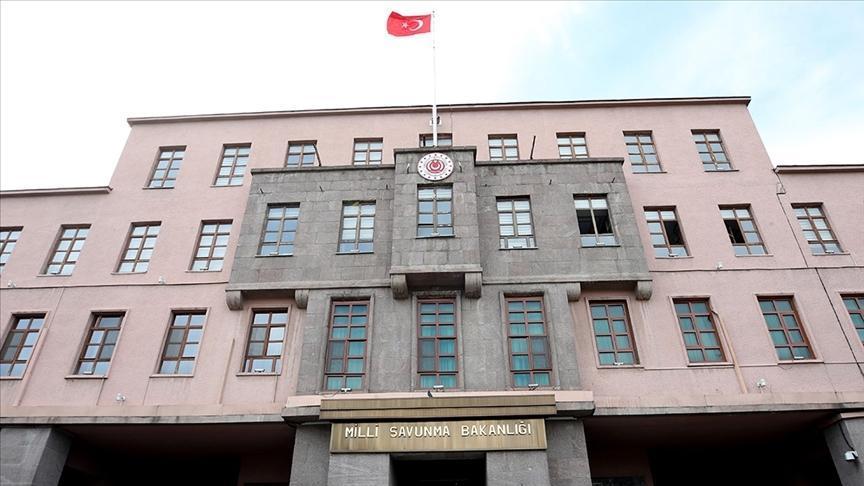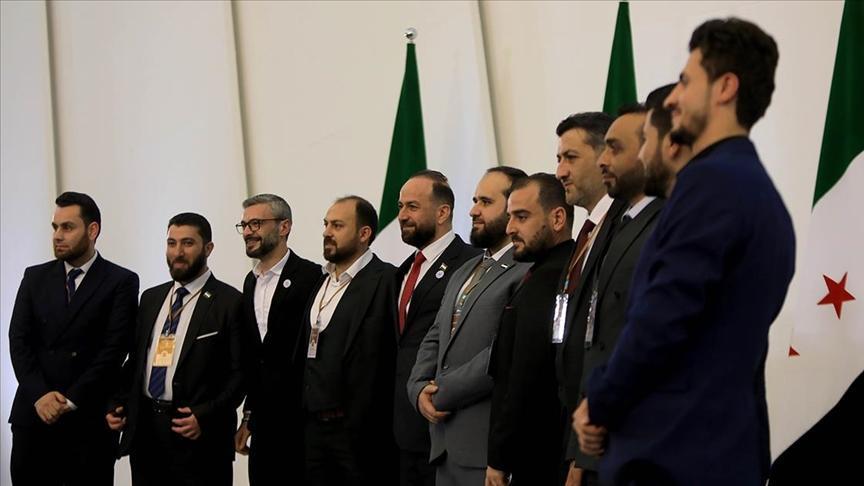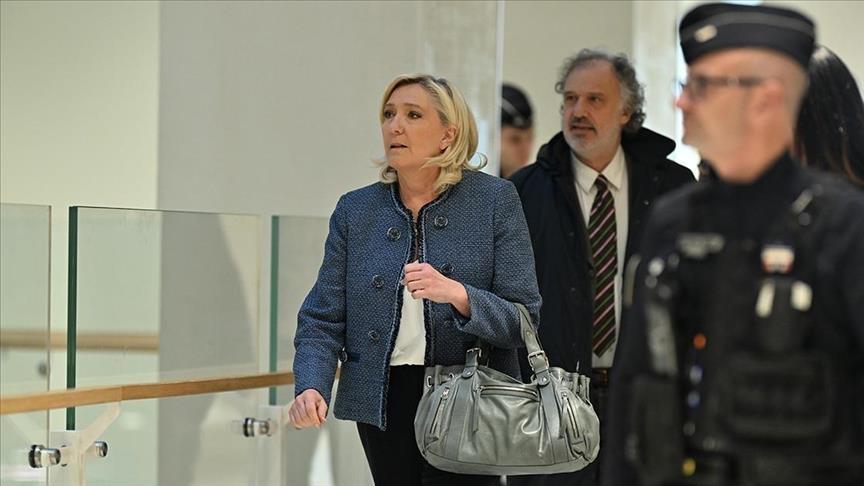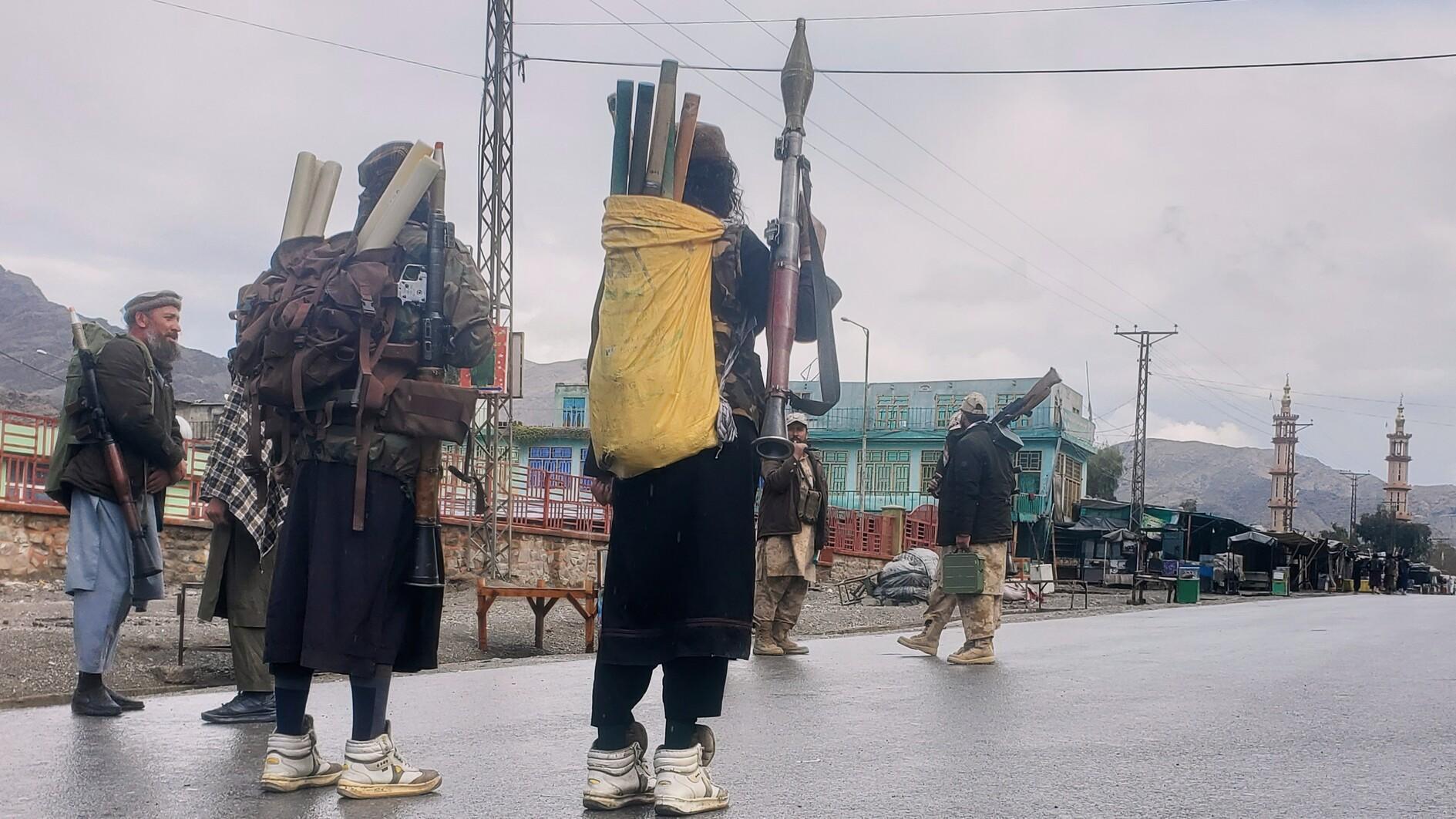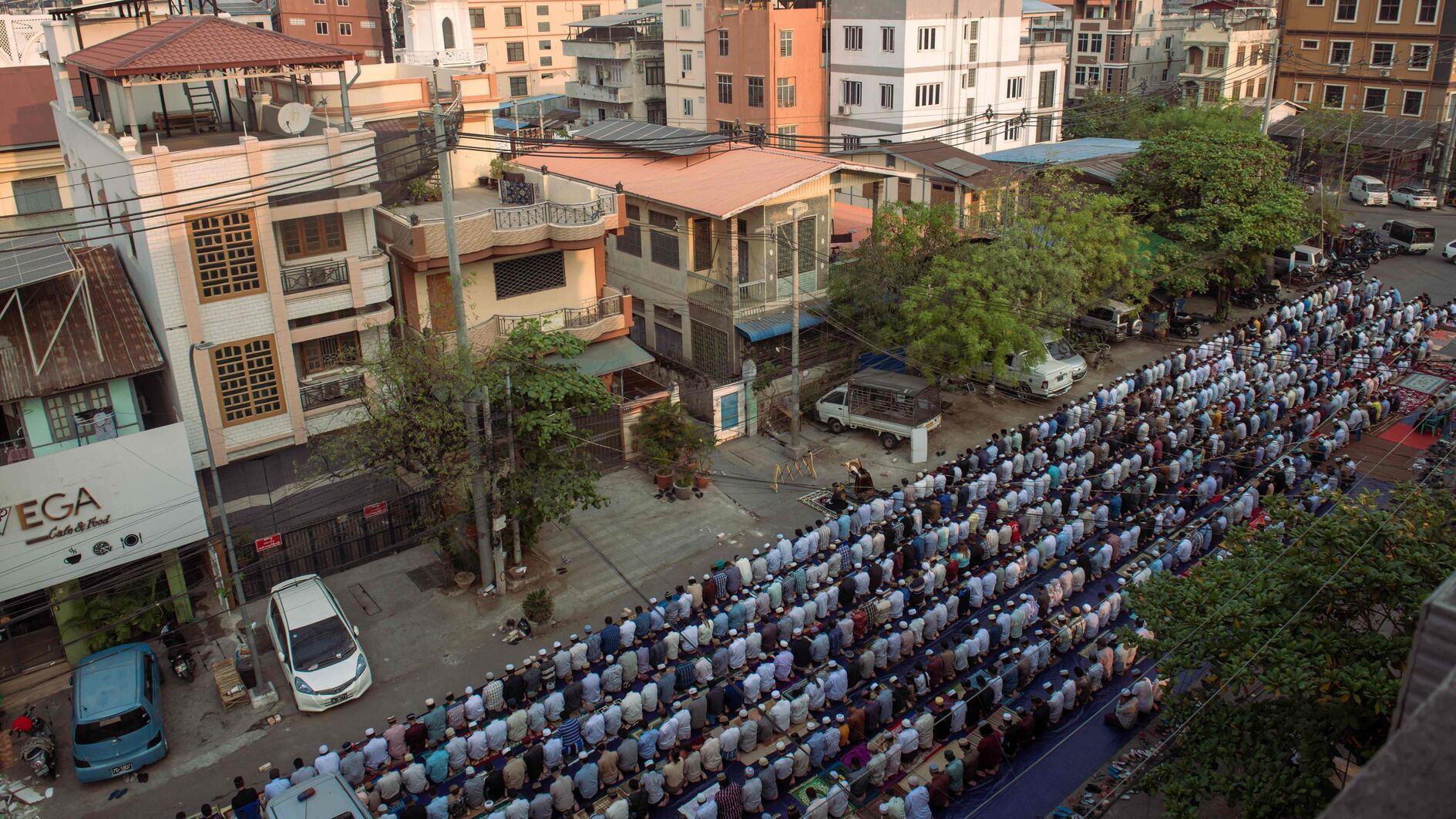US says bounty on three PKK men ‘serious, real step’ against terror
SERKAN DEMİRTAŞ - ANKARA
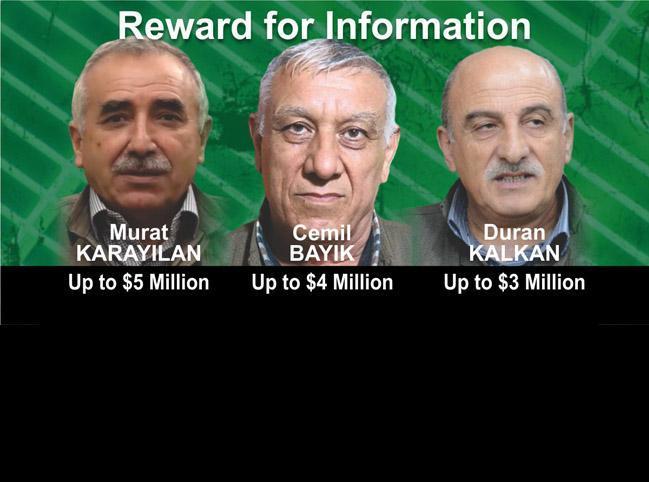
A senior United States official has characterized the latest step by the U.S. Department of State of putting a $12 million worth bounty on three top PKK members as a “serious and real step” in efforts to back Turkey’s fight against separatist terror, in response to Turkish government officials categorizing the move as positive but at the same time “overdue and insincere.”
“As you know, the U.S. has the position that the PKK is a terrorist organization since when we first created the list of terror organizations. The PKK is a founding member of that list and continues to be on that list. There is no question on what the U.S. government’s views on the PKK are and it is for a long time part of our bilateral dialogue with Turkey on how we can together effectively combat the PKK together, although we have tactical disagreements,” the senior U.S. official told a group of reporters on Nov. 14 in Ankara.
The U.S. has been using different tools in supporting the Turkish government’s anti-PKK fight over the years and in light of recent talks with Ankara on how this support could even be strengthened, the official said they have realized that there was this additional tool they have not yet used.
“So, we decided to use the Reward for Justice Program. I would not be too much in it, to the timing of it. And I wouldn’t link it to many other things. It’s in the context of our making a strong effort to be even more responsive to the concerns of our Turkish partners. We decided to use this tool as well,” said the official.
Turkish government officials have welcomed the move but at the same time expressed skepticism over the motive and timing of the move with President Recep Tayyip Erdoğan’s characterization of the decision as an effort to cover up the U.S. partnership with the YPG, a branch of the PKK and a terror organization in the eyes of the Turkish government.
“What I am saying to my Turkish counterparts is ‘Look at what we do and not what you think is behind what we are doing. What we have offered is something you said you want. You want our support in combatting the PKK. We put up $12 million of U.S. taxpayer money as one further manifestation of our commitment in doing that and we are serious about it,’” the official stressed.
Partnership with YPG part of Syria strategy
On the U.S.’ continued partnership with the YPG despite Turkey’s strong opposition, the official said U.S. strategy had three top objectives. That includes defeating the ISIL, fostering a real political solution to the Syrian question and ensuring that all Iran-controlled forces leave entire Syria. The U.S. will never allow a statelet in Syria and will never support such an idea, the official stated.
“Our relation with the YPG, we have said publicly many times, was born out of the decisions made earlier rather than our strategy when the primary focus was defeating ISIS in Syria. We have said many times that this is a temporary, transactional, tactical relationship and in the context of our desire to defeat ISIS,” the official said.
What angered Ankara was the U.S. launch of what it called “assurance patrols” with the YPG along the Turkish-Syrian border, right after the Turkish army shelled a number of YPG positions east of the Euphrates.
Operation into east Syria not single mean
“Let me first say that I would acknowledge that the Turkish government and the Turkish people have real concerns about our relationship with the YPG. I want to say and acknowledge it. The fact that we are patrolling with YPG is a natural extension of that partnership. It’s not about Turkey. It’s about the stability of northern Syria,” said the official.
On a potential Turkish cross-border operation into east of Euphrates, the official reiterated that Turkey has serious security concerns but the U.S. believes that “those security concerns can be addressed through means other than military offensive.”
“We think that’s probably better for a long-term solution in Syria,” the official said, informing that the U.S. asked Turkish partners to be equally sensitive to the security and safety of U.S. forces on the ground in the same way the U.S. is sensitive to the security of the Turkish borders and of its troops.
Another recent development that triggered Ankara’s anger was the release of a picture showing the U.S. troops with the YPG terrorists. “As long as the U.S. has a relationship with the YPG, a couple of things are going to happen. You’re going to sometimes see pictures of our guys with the YPG folks. That’s the nature of our partnership in some ways,” the official said.
“From the U.S. government perspective, the PKK is a terrorist organization. What happens on the ground in Syria is about peace and stability in northeast Syria and fighting against ISIS and about nothing else,” said the official on Turkey’s assessment that the U.S. aims to separate the YPG from the PKK.
Potential criminal case against Halkbank
Another top issue between the two governments is whether an ongoing probe conducted by the Office of the Foreign Assets Control (OFAC) U.S. Treasury will lead to a new criminal case against state-owned Halkbank, after the bank former deputy general was found guilty and sentenced for violating the U.S. laws on Iranian sanctions.
“Conclusions [of the OFAC probe] have not been reached. Should conclusions have been reached then the Treasury would recommend some response but that’s an ongoing investigation. That’s part of our conversation [with the Turkish government],” the official said.
“Meanwhile, there is also a potential criminal case against the bank,” the official said, in the case that prosecutors and judges believe that U.S. laws were breached.
“There has been some speculation that there could be a criminal case against Halkbank but until now, that’s not the case. That’s where we are. It’s hard for me to tell what comes next,” he said.


